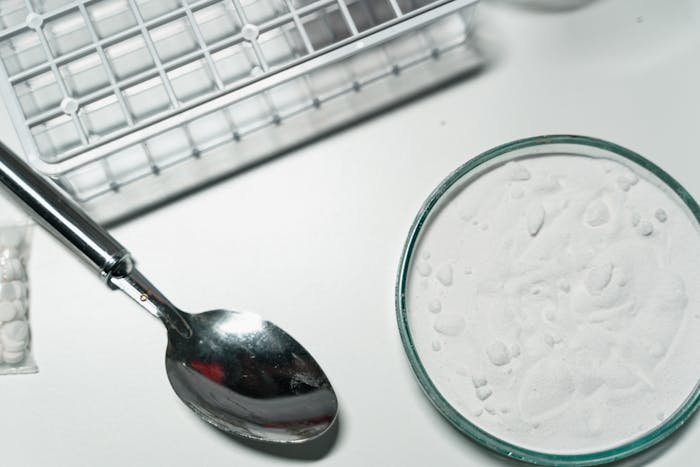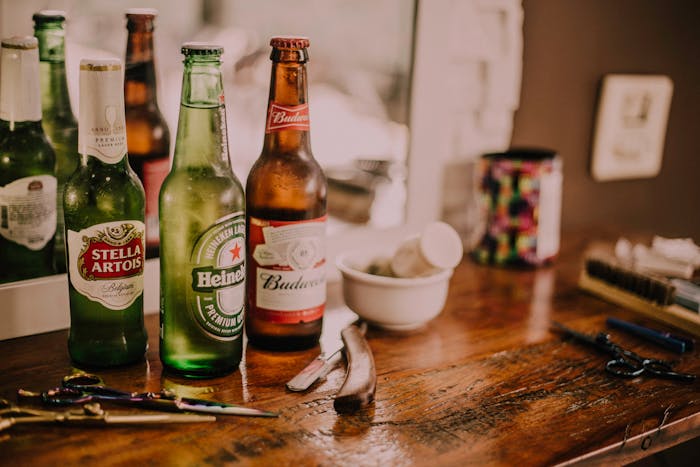In recent years, ketamine has gradually been gaining attention both in a positive and negative light for its role in medicine and its recreational uses.
Originally developed as an anaesthetic, it’s now used in some medical settings to treat depression and suicidal thoughts.
However, outside of more controlled clinical environments, ketamine misuse can have devastating consequences, such as the role it played in the death of Friends’ actor Matthew Perry earlier this year. But it can also have a disturbing link to suicide by hanging.
This blog explores how exactly ketamine affects the brain, why it can lead to impulsive and troubling behaviour, and how you can find support through rehab and recovery if you are struggling with ketamine misuse or addiction.

Ketamine is a dissociative anaesthetic that works by altering your mood, perceptions, and consciousness.
In medical environments, it’s used for sedation and pain relief, and more recently, low-dose ketamine has been going through trials as a rapid-acting antidepressant. [1]
However, the feelings of dissociation – detachment from reality – that you get from the drug have made it increasingly popular in recreational settings.
Ketamine users often use the drug for its euphoric and hallucinogenic effects, but repeated, regular use can result in psychological dependence, cognitive impairment, and emotional instability, even suicidal ideation.
Suicide by hanging is one of the most common methods of suicide across the world. It can be linked with impulsivity and emotional disconnection, both of which states taking ketamine can intensify.
Ketamine used recreationally or in high doses can lead to:
The above effects can then make the individual vulnerable to acting on suicidal impulses, especially in times of extreme lows.
Forensic case studies have even investigated instances where someone has died by hanging, with ketamine in their system, sometimes along with other substances or alcohol. [2]

It can be incredibly dangerous to use ketamine in frequent combination with other substances such as alcohol, cocaine, or ecstasy.
Taking ketamine with alcohol, for example, can lead to extreme impaired coordination, cognition, and emotional regulation due to their depression of the central nervous system.
If ketamine is used together with alcohol or benzodiazepines, the risk of an overdose, self-harm, or suicide increases significantly.
The combination of ketamine with alcohol or benzodiazepines can lead to:
It is important to recognise the warning signs of using ketamine that may be a deeper issue or increased risk of suicide. [3]
These may include:
Early intervention in ketamine use is key to saving lives. If you notice any of these signs in yourself or a loved one, it is important to reach out for support.
Support can be anyone you trust, a friend or a family member, or it could be a professional service.

Suicide prevention in the context of ketamine dependence or regular use can take many approaches.
Below are some approaches that can be beneficial for someone struggling with ketamine misuse and suicidal thoughts:
An intervention can be a great way to express your concern for a loved one who is resistant to seeking help or cannot see the risks they could face if they continue their actions.
The conversation should be facilitated through a trained counsellor or therapist for best results, and can include close friends, loved ones or family members.
The intervention aims to express your concern and offer support, without shaming or confronting the individual. When done correctly, interventions can help bring your loved one to terms with the impacts and potential risks of their behaviour and take the first step to getting treatment.
Drug and alcohol rehab is one of the most effective methods to address ketamine misuse and prevent suicide.
At a rehab programme, individuals can detox safely in a controlled environment, receive any necessary psychological support, and build coping strategies for long-term recovery to reduce chances of relapse.
There are many forms of rehab, but treatment options can include:
At Rehab 4 Addiction, we advise which programme is right for you or your loved one, depending on your individual circumstances. This includes ketamine misuse, opioid addiction, alcohol addiction or other substance issues.
If you or someone you know has attempted suicide, call 999 and stay with them until the ambulance arrives.
If you’re worried that someone could be at immediate risk of taking their own life, if you feel able:
If you are struggling, you can also call the Samaritans for free anytime at 116 123.

If you or someone you know is struggling with ketamine misuse or suicidal thoughts, Rehab 4 Addiction is here to help.
Our team offers free, confidential advice without judgement, and can connect you to trusted, CQC-approved rehab treatment centres across the UK or abroad if you choose to.
We know that every addiction journey is unique to your circumstances and we’re ready to talk through your options, or simply just listen.
Call our dedicated 24/7 support line on 0800 140 4690 today to learn more. Recovery is possible, and it starts with reaching out.
[1] https://www.bmj.com/content/376/bmj-2021-067194
[2] https://www.academia.edu/26631572/Suicide_by_hanging_under_the_influence_of_ketamine_and_ethanol